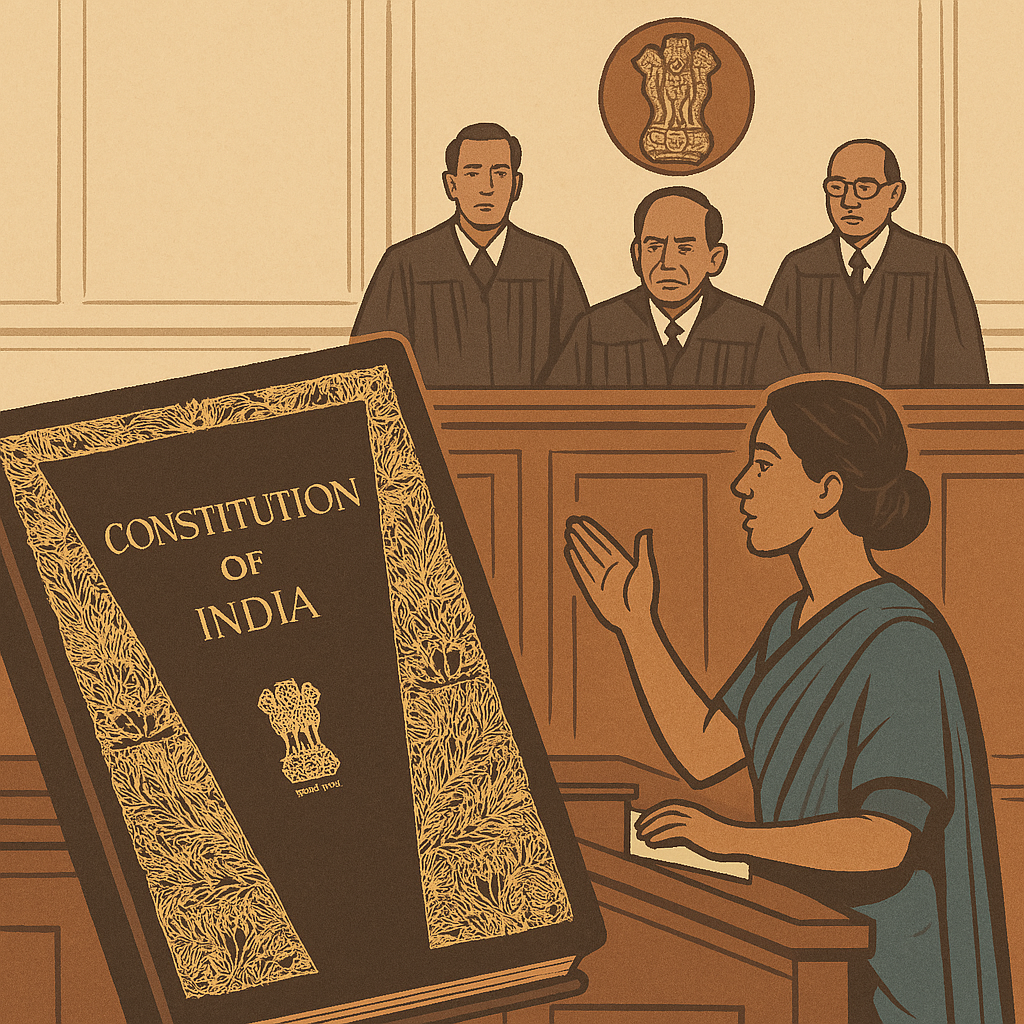⚖️ Landmark Case: PUCL v. Union of India (2003)
(Right to Know about Election Candidates)
📝 Summary:
In this case, the Supreme Court ruled that voters have a fundamental right to know the background of election candidates, including their criminal records and assets, under Article 19(1)(a).
📚 Background
The People’s Union for Civil Liberties (PUCL) filed a Public Interest Litigation challenging the Representation of People Act, which did not require candidates to disclose their criminal, educational, or financial backgrounds.
The petitioners argued that voters must be informed about who is asking for their vote—especially if the person has criminal cases, large assets, or poor qualifications.
🧑⚖️ Supreme Court Verdict
The Supreme Court delivered a progressive and citizen-focused ruling.
Key points:
-
Right to information = Freedom of speech
The Court held that the right to know is part of freedom of speech and expression under Article 19(1)(a). -
Mandatory disclosure of information
All election candidates must disclose:-
Criminal records (if any)
-
Assets and liabilities
-
Educational qualifications
-
-
Clean and transparent elections
The Court emphasized that a healthy democracy requires transparency in the electoral process.
🧠 Significance
-
Empowered citizens to make informed voting decisions.
-
Laid the foundation for electoral reforms and greater public accountability.
-
Boosted efforts by the Election Commission and RTI activists.
🧩 Conclusion
The PUCL judgment ensured that transparency is not a privilege but a constitutional right. It reminded us that voters are not passive spectators—they’re informed stakeholders in democracy.

